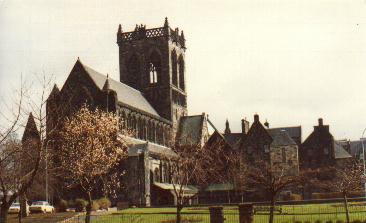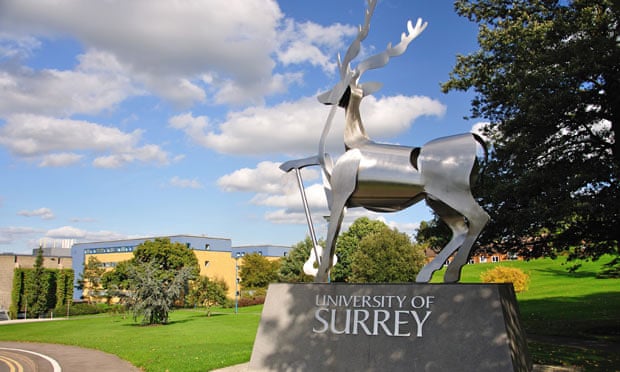It's a hot day in the vicinity of the University of Surrey, today. According to the BBC News website, the temperature at Heathrow airport, around 20 miles away, is 35ºC. The headline figures on the BBC website seem to be given in degrees Celsius, though I realise that this is user-settable, and I may just have set it in the past. It does seem the norm now, in the UK, for temperatures to be given in degrees Celsius. The newspaper closest to hand (an Independent on Sunday from a few weeks ago) also gave degrees Celsius on their map, and only give Fahrenheit temperatures in brackets on the longer lists of temperatures.
It was not always so, of course. In my medium-length lifetime (I'm the UK's median age), temperatures have switched, weights of groceries have switched from pounds and ounces to kilograms, petrol is now dispensed in litres, not gallons, though we still measure road distances in miles, and buy beer and milk in pints. I think people's heights are by now pretty widely dual use in terms of metres vs feet and people's weight similarly has both stones and kilograms widely in use in the UK.
I am not terribly young, but my entire school education has been using metric units for all practical purposes. Anyone else my age or younger ought to find metric units a breeze, so when there was a story on the Radio 4 Today program the other day about a particularly heavy baby, with the weight only given in lb/oz,
I tweeted, a bit tongue in cheek:
The main responses I got were along the lines that no-one the responder knows ever quotes baby weights in kilos. That's quite curious. Even when I was born, the record from the hospital given to my parents lists my weight in kilos. Likewise for my two kids, and I certainly only remember their weight in kilos.








